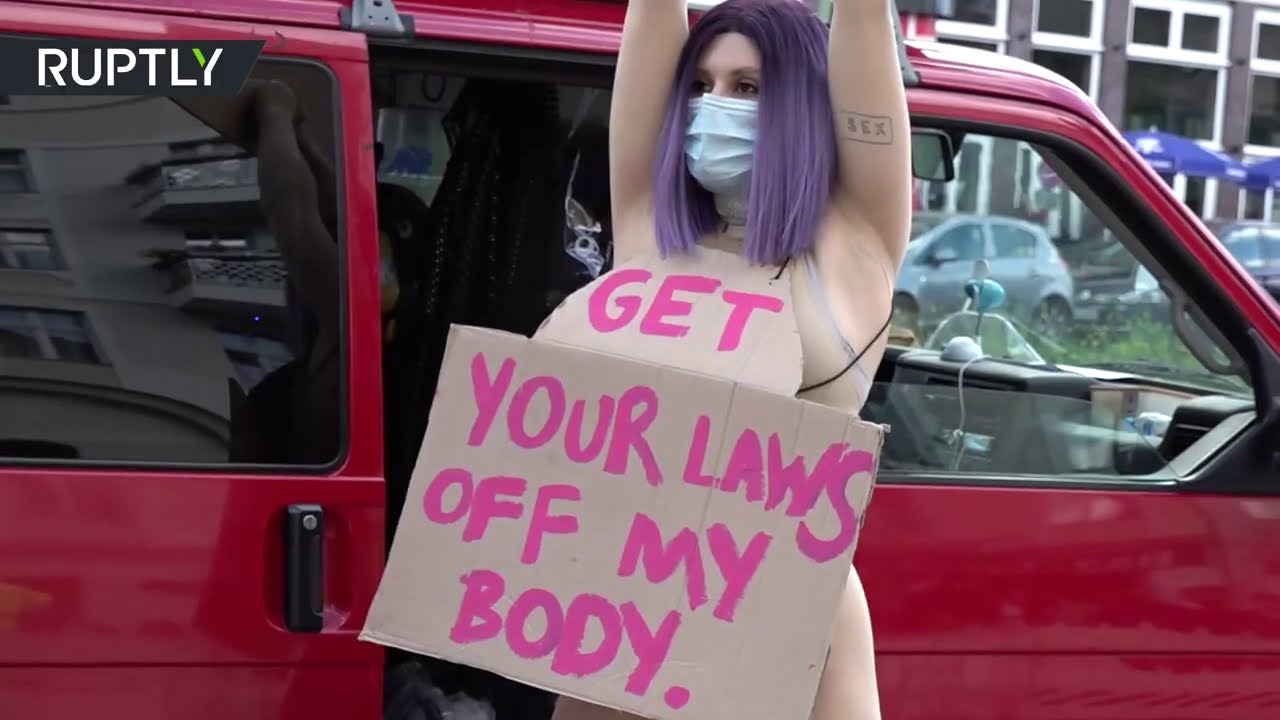The Prostitution Law in Scotland is thought to date back to the time of the Roman Empire and to criminal justice of the times. It is basically a human right protected in many European nations and it is a fundamental right that every person has, regardless of social status or economic position. This law against prostitution is not limited to the United Kingdom but is also practiced in many countries across Europe. It states that every individual who engages in prostitution or any form of selling sex for profit is guilty of a criminal offence. This is called the “Trafficking in prostitution act” and is commonly referred to as the” prostitutes law” in United Kingdom.
The main feature of the prostitution law in Scotland is that all who engage in any form of prostitution, either directly or indirectly, are guilty of a criminal offence. This means that sex workers are regarded as criminals, irrespective of status, culture or religion. There are also some differences between Scotland and England and Wales. Under the Scotland law, brothels are not criminal offenders. The law also states that men and women can work in the brothel as long as they are working in the service provided by the hotel or establishment itself.
Under the prostitution law in Scotland, brothels are only an exception where the law stipulates that a direct contact is required. If there is no direct contact then the brothel may be found to have a controlling influence on the prostitution of the girls. The controlling influence can be physical as well as psychological. The influence can be by intimidating the girls, keeping them away from other girls, threatening to put them out of business, forcing them to work late, and forcing them to sell their bodies for sexual purposes.
In addition to all these methods used to control prostitution, Scotland’s prostitution law also includes certain specific tax bands that are applied to brothels. These taxes are intended to be used to fund the activities of organizations that provide assistance to the women and girls who are trapped in prostitution. Some of these organizations are charitable organizations that do not actually make money from the prostitution of women. Instead, they provide women’s shelter, food, clothing, education, and other things intended to support them.
Prostitution law in Scotland is also used to prosecute those who patronize brothels. If a man solicits or takes a girl into prostitution, then he faces a charge of either procuring a woman for commercial sex or prostitution. The same law applies to a pimp.
The prostitution law in Scotland is also very specific when it comes to dealing with children. A brothel is an establishment that employs people for the purpose of commercial sex. Therefore, any place where children are present is also a brothel. Anytime a brothel invites someone over and they are made to have sexual relations with anyone inside the establishment, they are committing a crime.
In some places in England and Wales, brothels are illegal. They have been banned in certain places to combat human slavery. Prostitution law in Scotland is different than the English law, because they separate the act of prostitution from the person who does it. In England and Wales, if a person knowingly pimps another person they face a fine, though in Scotland, the act must be part of an actual prostitution transaction. This is to prevent Scotland from becoming a haven for pimps.
Brothels have always existed throughout history, but the law against them was created in England during the Industrial Revolution. This was necessary because many men became involved in broaching for profit. The brothels opened up across the UK and were often associated with other types of crime such as petty theft. They were also occasionally used by minor criminals to support their habit. Since prostitution is illegal in Scotland, brothels are not allowed to exist.
